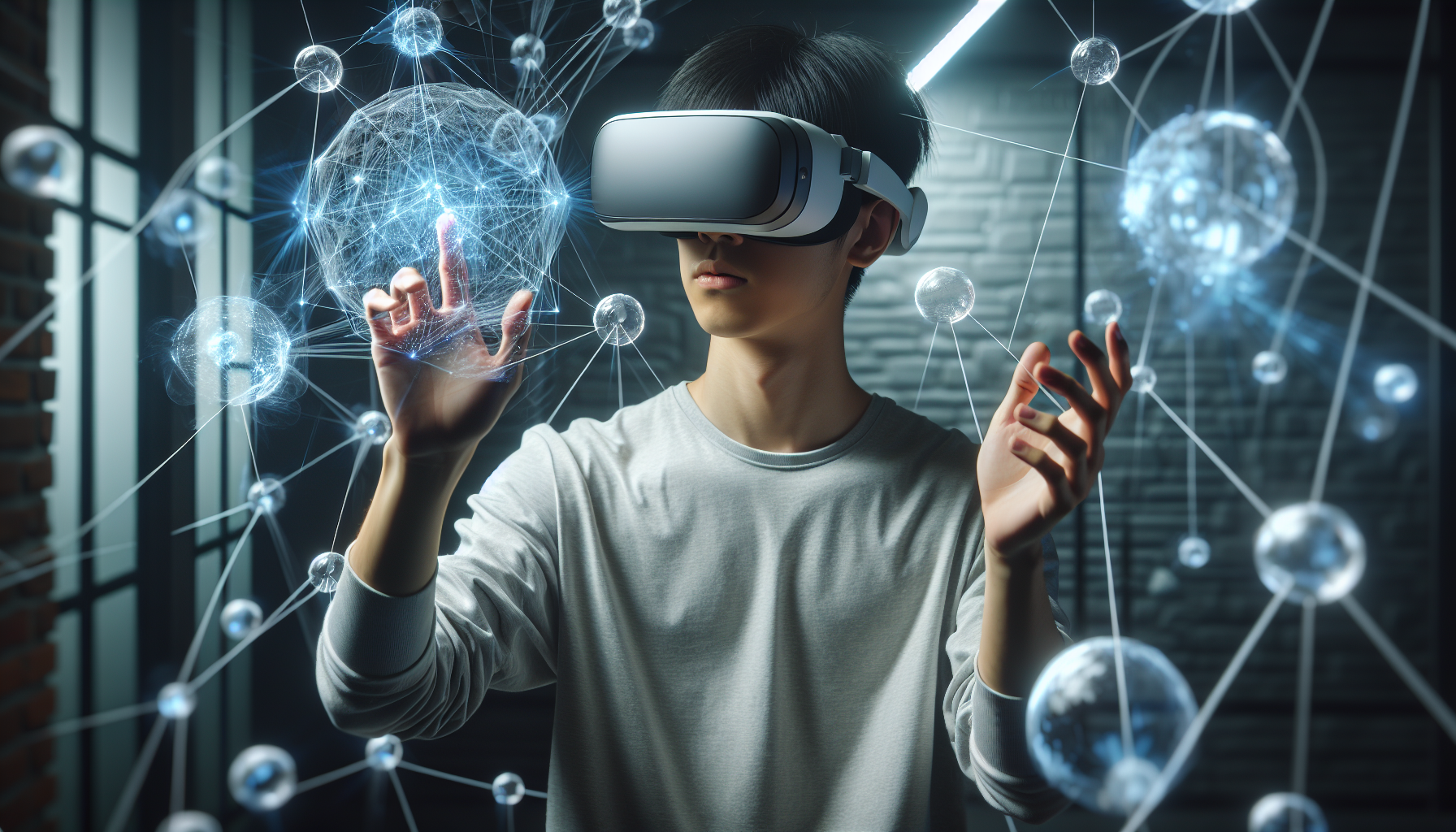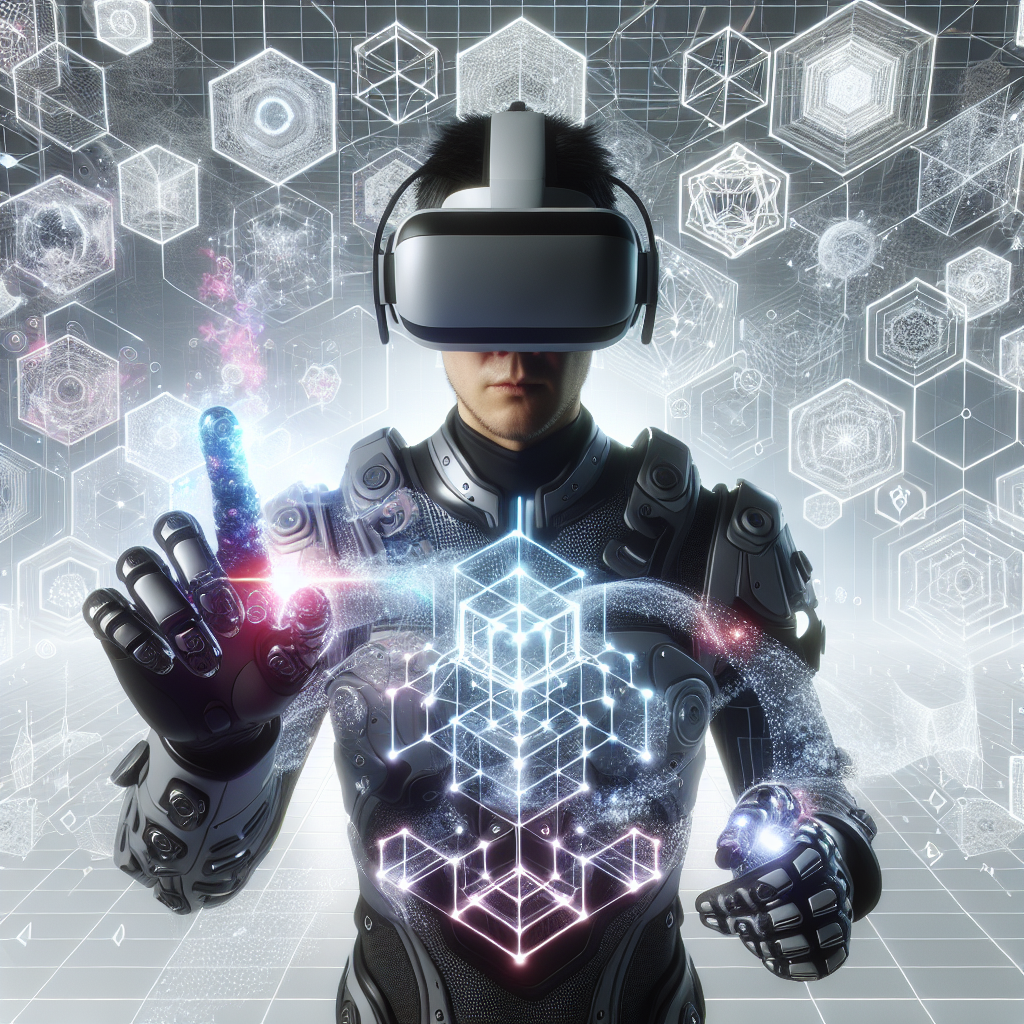Virtual Reality (VR) has transcended the realm of entertainment and gaming to emerge as a groundbreaking tool in cognitive rehabilitation. This technology presents a unique platform for therapists and patients, offering immersive environments that can be tailored to target specific cognitive processes. By simulating real-world scenarios in a controlled setting, VR has the potential to significantly enhance cognitive recovery and provide insights into the intricate workings of the human brain.
Understanding Cognitive Rehabilitation
Cognitive rehabilitation is a therapeutic approach aimed at improving cognitive function in individuals who have suffered from a neurological injury or who experience cognitive decline due to various conditions. This can include patients recovering from stroke, traumatic brain injuries, or living with neurodegenerative diseases like Alzheimer’s.
The brain’s remarkable ability to adapt and reorganize itself – known as neuroplasticity – underpins the success of cognitive rehabilitation. However, the traditional methods of cognitive rehabilitation often lack the engagement and real-world application necessary for optimal recovery.
The Integration of VR in Cognitive Therapy
Virtual Reality offers an unparalleled medium for cognitive therapy by creating interactive, engaging environments that can be manipulated to mimic real-life situations. This allows for a personalized approach to therapy, where activities can be designed to target specific cognitive skills such as memory, attention, problem-solving, and spatial awareness.
Benefits of Virtual Reality in Cognitive Rehabilitation
- Enhanced Engagement: The immersive nature of VR keeps patients engaged, which is crucial for motivation and the effectiveness of therapy.
- Safe Environment: VR provides a safe environment to practice cognitive tasks without the real-world consequences of failure.
- Immediate Feedback: Real-time feedback in VR helps in correcting errors and reinforces learning.
- Repetition and Intensity: VR allows for high repetitions of tasks, which is essential for neuroplasticity and recovery of cognitive functions.
Linking VR and Brain Health
As we delve into the applications of VR in cognitive rehabilitation, it’s vital to consider the broader context of brain health. A healthy brain is the foundation upon which VR therapies can build, and understanding the overall factors that influence cognitive function is key to developing effective VR rehabilitation programs.
VR Applications in Cognitive Domains
Memory Enhancement
Memory deficits are a common challenge in cognitive rehabilitation. VR has been shown to aid in memory recall by providing context-rich environments that mimic real-world settings. Patients can interact with objects and perform tasks that require memory use in a meaningful context, which can improve retention and recall.
Attention Training
For individuals struggling with attention deficits, VR can offer programs that progressively increase in complexity, allowing patients to gradually build their attention span and control. Tailoring these environments to individual needs ensures that patients remain challenged but not overwhelmed.
Executive Functioning
Executive functions, which include planning, problem-solving, and multitasking, can be effectively honed using VR simulations. These tasks often require a higher level of cognitive demand, and VR can simulate complex scenarios where these skills are put to the test.
VR’s Impact on Specific Conditions
- Stroke Rehabilitation: VR has been used to aid recovery in stroke patients by retraining the brain through repetitive, task-specific activities.
- Traumatic Brain Injury (TBI): VR environments can be designed to address the wide range of cognitive deficits experienced by TBI patients, from memory to executive functioning.
- Neurodegenerative Diseases: For conditions like Alzheimer’s, VR can provide cognitive stimulation and memory training exercises aimed at slowing cognitive decline.
Connecting Research and Practice
Incorporating VR into cognitive rehabilitation is supported by research that highlights its efficacy. For further insights into the cognitive effects of such novel interventions, you may find these resources helpful:
- An examination of the impact of intermittent fasting on brain health can provide context on how lifestyle factors influence cognitive function and recovery.
- Understanding the cognitive effects of dehydration underscores the importance of holistic health in cognitive rehabilitation.
- Exploring strategies for enhancing neural connectivity offers a glimpse into the potential of VR to facilitate synaptic plasticity and network reorganization.
Challenges and Future Directions
Despite the promise of VR in cognitive rehabilitation, challenges such as accessibility, costs, and the need for tailored content remain. Future research should focus on long-term outcomes, the best practices for integrating VR with traditional therapies, and the development of standardized protocols.
Conclusion
Virtual Reality is blazing a trail in the field of cognitive rehabilitation, offering novel and effective ways to stimulate cognitive function and support recovery. As technology advances, the potential for VR to transform therapeutic practices is immense. With ongoing research and innovation, VR is poised to become a staple in cognitive rehabilitation, providing hope and improved outcomes for patients across the globe.
High-Quality External Resources
For those interested in the technological underpinnings and evidence-based benefits of VR in cognitive rehabilitation, the following resources are highly recommended:
- A comprehensive review on the neurological function of Vitamin B12, which is critical for maintaining healthy nerve cells and cognitive function.
- An in-depth look at the benefits and risks of artificial intelligence for cognitive health, exploring the intersection of technology and brain wellness.
- A detailed analysis of neuroplasticity-enhancing techniques for everyday life, offering a scientific basis for the principles that VR therapy capitalizes on.
With its ability to immerse patients in virtual worlds that challenge and rehabilitate their cognitive abilities, VR is a testament to the innovative spirit driving modern healthcare. As we continue to explore and harness its full potential, the horizons of cognitive rehabilitation will expand, offering brighter prospects for those on the journey to cognitive recovery.



